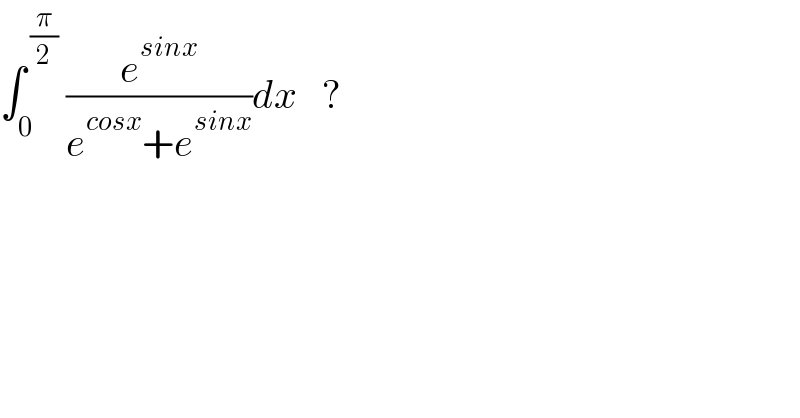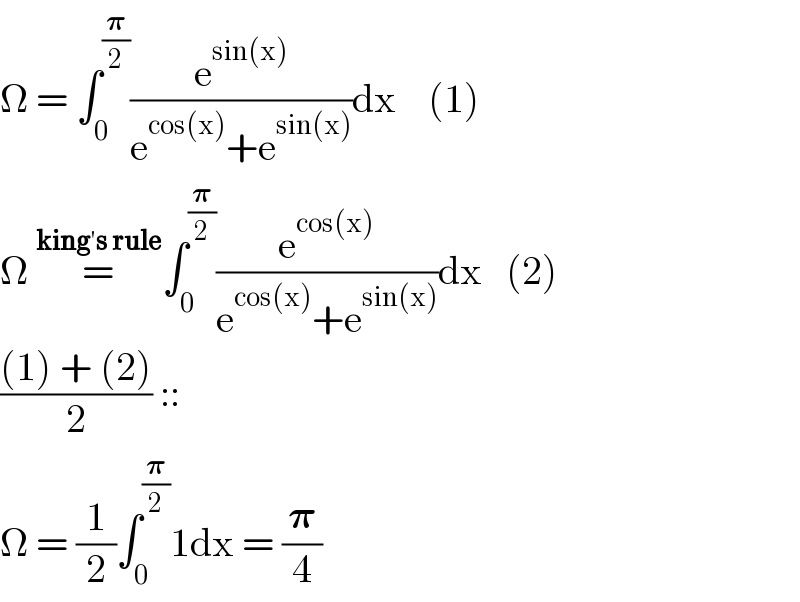
Question and Answers Forum
Question Number 152420 by tabata last updated on 28/Aug/21

Answered by mindispower last updated on 28/Aug/21

Answered by Lordose last updated on 28/Aug/21

| ||
Question and Answers Forum | ||
Question Number 152420 by tabata last updated on 28/Aug/21 | ||
 | ||
Answered by mindispower last updated on 28/Aug/21 | ||
 | ||
| ||
Answered by Lordose last updated on 28/Aug/21 | ||
 | ||
| ||